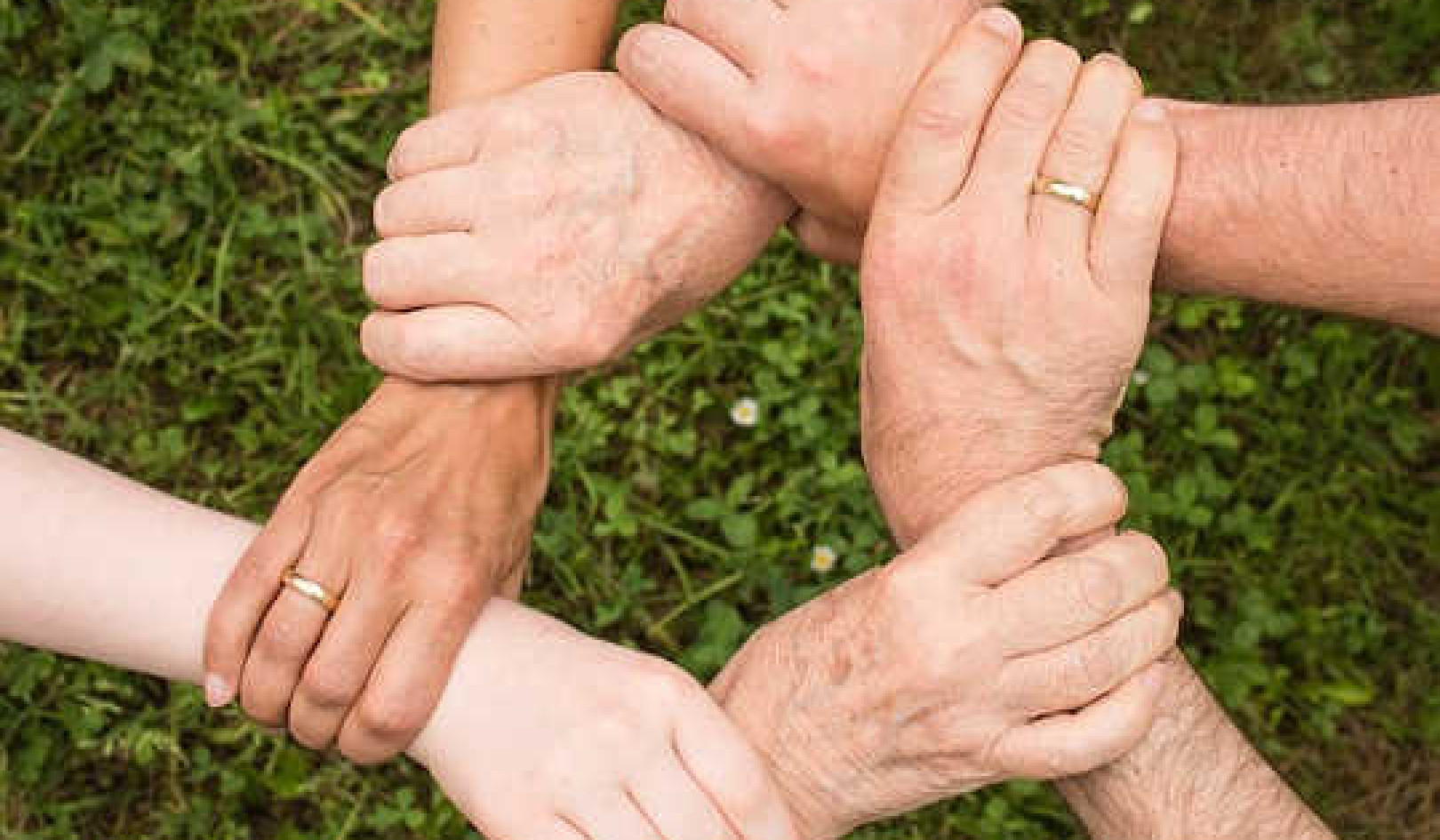
One in three 18 to 25 year olds reported feeling lonely three or more times in the past week. Todd Diemer
More than one in three young adults aged 18 to 25 reported problematic levels of loneliness, according to a new report from Swinburne University and VicHealth.
We surveyed 1,520 Victorians (Victoria, Australis) aged 12 to 25, and examined their experience of loneliness. We also asked about their symptoms of depression and social anxiety.
Overall, one in four young people (aged 12 to 25) reported feeling lonely for three or more days within the last week.
Among 18 to 25 year olds, one in three (35%) reported feeling lonely three or more times a week. We also found that higher levels of loneliness increases a young adult’s risk of developing depression by 12% and social anxiety by 10%.
Adolescents aged 12 to 17 reported better outcomes, with one in seven (13%) feeling lonely three or more times a week. Participants in this age group were also less likely to report symptoms of depression and social anxiety than the 18 to 25 year olds.
Young adulthood can be a lonely time
Anyone can experience loneliness and at any point in life but it’s often triggered by significant life events – both positive (such as new parenthood or a new job) and negative (bereavement, separation or health problems).
Young adults are managing new challenges such as moving away from home and starting university, TAFE or work. Almost half (48%) of the young adults in our survey lived away from family and caregivers. Almost 77% were also engaged in some sort of work.
Young people at high school may be buffered from loneliness because they’re surrounded by peers, many of whom they have known for years. But once they leave the safety of these familiar environments, they are likely to have to put in extra effort to forge new ties. They may also feel more disconnected from the existing friends they have.
During this transition to independence, young adults may find themselves with evolving social networks, including interactions with colleagues and peers of different ages. Learning to navigate these different relationships requires adjustment, and a fair bit of trial and error.
Is social media use to blame?

Social media has its positives and negatives. freestocks.org
The reliance on social media to communicate is often thought to cause loneliness.
No studies I’m aware of have examined the cause-effect between loneliness and social media use.
There is some evidence that those who are lonely are more likely to use the internet for social interactions and spend less time in real life interactions. But it’s unclear whether social media use causes more loneliness.
While social media can be used to replace offline relationships with online ones, it can also be used to both enhance existing relationships and offer new social opportunities.
Further, a recent study found that the relationship between social media use and psychological distress was weak.
Is loneliness a cause or effect of mental ill health?
Loneliness is bad for our physical and mental health. Over a six-month period, people who are lonely are more likely to experience higher rates of depression, social anxiety and paranoia. Being socially anxious can also lead to more loneliness at a later time.
The solution isn’t as simple as joining a group or trying harder to make friends, especially if one also already feels anxious about being with people.
While lonely people are motivated to connect with others they are also more likely to experience social interactions as stressful. Brain imaging studies show lonely people are less rewarded by social interactions and are more attuned to distress of others than less lonely counterparts.

Making friends can be a stressful experience. Andrew Neel
When lonely people do socialise, they are more likely to engage in self-defeating actions, such as being less cooperative, and show more negative emotions and body language. This is done in an (often unconscious) attempt to disengage and protect themselves from rejection.
Lonely people are also more likely to find reasons people cannot be trusted or do not live up to particular social expectations, and to believe others evaluate them more negatively than they actually do.
What can we do about it?
One way to address these invisible forces is to help young people think in more helpful ways about friendship, and to understand how they can influence others through their emotions and behaviours.
Parents, educators and counsellors can play a role in educating children and young people about the dynamics of evolving friendships. This might involve helping the young person to evaluate their own behaviours and thought patterns, understand how they play an active role in building relationships, and to support them to interact differently.
More specific strategies could include:
- challenging unhelpful thinking or negative views about others
- helping young people identify their strengths and learn how they’re important in forging strong, meaningful relationships. If the young person identifies humour as a strength, for instance, this might involve discussing how they can use their humour to establish rapport with others.
Educational programs can do more to address the social health of young people and these discussions can be integrated into health education classes.
Additionally, because young people are already frequent and competent users of technology, carefully crafted digital tools could be developed to target loneliness.
These tools could help young people learn skills to develop and maintain meaningful relationships. And because lonely people are more likely to avoid others, digital tools could also be used as one way to help young people build social confidence and practise new skills within a safe space.
A cornerstone of any solution, however, is to normalise feelings of loneliness, so feeling lonely is seen not as a weakness but rather as an innate human need to connect. Loneliness is likely to negatively impact on health when it is ignored, or not properly addressed, allowing the distress to persist.
Identifying and normalising feelings of loneliness can help lonely people consider different avenues for action.
We don’t yet know the lifelong impact of loneliness on today’s young people, so it’s important we take action now, by increasing awareness and giving young people the tools to develop and maintain meaningful social relationships.
Michelle Lim, the author of this piece, is available for a Q+A on Tuesday the 1st October from 3pm-4pm AEST to take questions on this topic. Please post your questions in the comments below.![]()
About the Author
Michelle H Lim, Senior Lecturer and Clinical Psychologist, Swinburne University of Technology
This article is republished from The Conversation under a Creative Commons license. Read the original article.

Related Books:
The Five Love Languages: The Secret to Love That Lasts
by Gary Chapman
This book explores the concept of "love languages," or the ways in which individuals give and receive love, and offers advice for building strong relationships based on mutual understanding and respect.
Click for more info or to order
The Seven Principles for Making Marriage Work: A Practical Guide from the Country's Foremost Relationship Expert
by John M. Gottman and Nan Silver
The authors, leading relationship experts, offer advice for building a successful marriage based on research and practice, including tips for communication, conflict resolution, and emotional connection.
Click for more info or to order
Come as You Are: The Surprising New Science that Will Transform Your Sex Life
by Emily Nagoski
This book explores the science of sexual desire and offers insights and strategies for enhancing sexual pleasure and connection in relationships.
Click for more info or to order
Attached: The New Science of Adult Attachment and How It Can Help You Find—and Keep—Love
by Amir Levine and Rachel Heller
This book explores the science of adult attachment and offers insights and strategies for building healthy and fulfilling relationships.
Click for more info or to order
The Relationship Cure: A 5 Step Guide to Strengthening Your Marriage, Family, and Friendships
by John M. Gottman
The author, a leading relationship expert, offers a 5-step guide for building stronger and more meaningful relationships with loved ones, based on principles of emotional connection and empathy.



























